Gaurav Kapoor
Federated Evaluation and Tuning for On-Device Personalization: System Design & Applications
Feb 16, 2021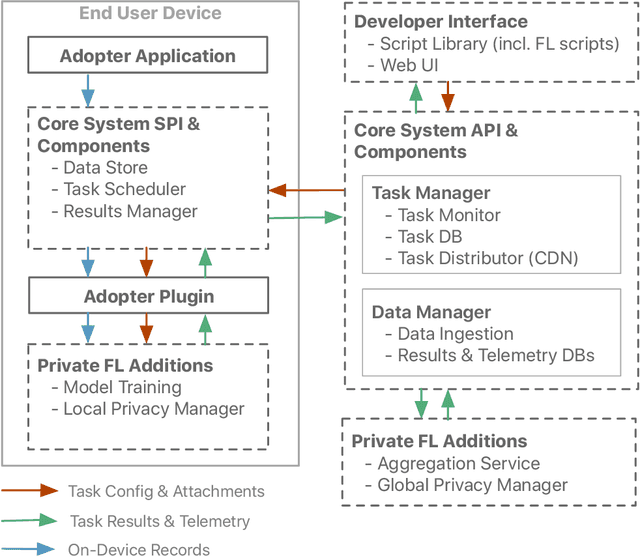
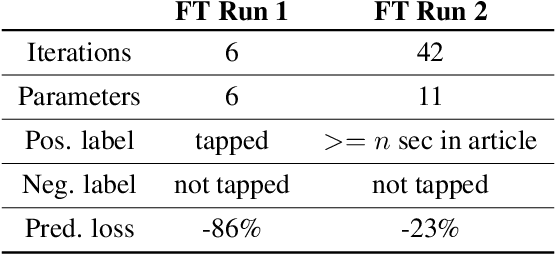
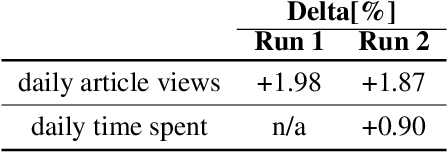
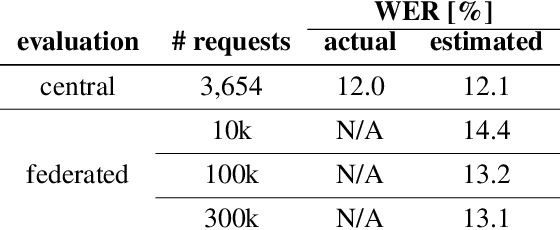
Abstract:We describe the design of our federated task processing system. Originally, the system was created to support two specific federated tasks: evaluation and tuning of on-device ML systems, primarily for the purpose of personalizing these systems. In recent years, support for an additional federated task has been added: federated learning (FL) of deep neural networks. To our knowledge, only one other system has been described in literature that supports FL at scale. We include comparisons to that system to help discuss design decisions and attached trade-offs. Finally, we describe two specific large scale personalization use cases in detail to showcase the applicability of federated tuning to on-device personalization and to highlight application specific solutions.
Protection Against Reconstruction and Its Applications in Private Federated Learning
Dec 03, 2018
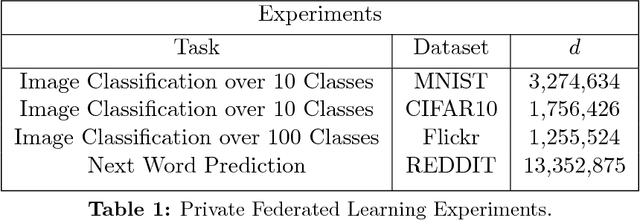
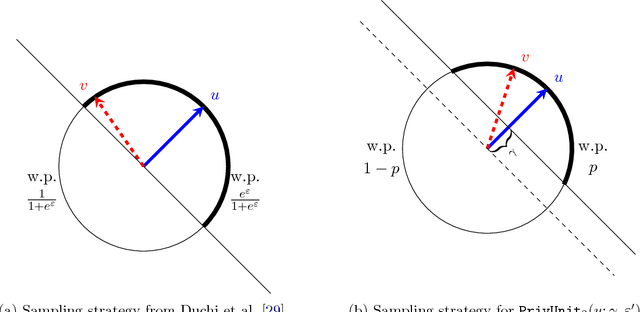

Abstract:Federated learning has become an exciting direction for both research and practical training of models with user data. Although data remains decentralized in federated learning, it is common to assume that the model updates are sent in the clear from the devices to the server. Differential privacy has been proposed as a way to ensure the model remains private, but this does not address the issue that model updates can be seen on the server, and lead to leakage of user data. Local differential privacy is one of the strongest forms of privacy protection so that each individual's data is privatized. However, local differential privacy, as it is traditionally used, may prove to be too stringent of a privacy condition in many high dimensional problems, such as in distributed model fitting. We propose a new paradigm for local differential privacy by providing protections against certain adversaries. Specifically, we ensure that adversaries with limited prior information cannot reconstruct, with high probability, the original data within some prescribed tolerance. This interpretation allows us to consider larger privacy parameters. We then design (optimal) DP mechanisms in this large privacy parameter regime. In this work, we combine local privacy protections along with central differential privacy to present a practical approach to do model training privately. Further, we show that these privacy restrictions maintain utility in image classification and language models that is comparable to federated learning without these privacy restrictions.
 Add to Chrome
Add to Chrome Add to Firefox
Add to Firefox Add to Edge
Add to Edge